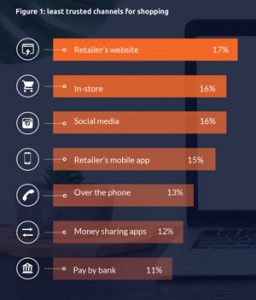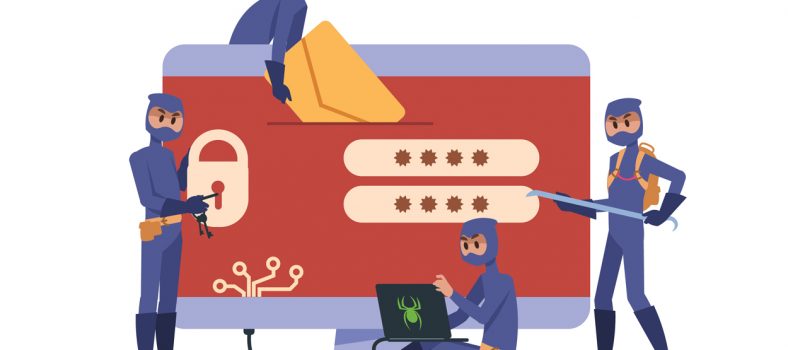PCI Pal has been examining Canadian consumer confidence in payment security, driven by a survey they conducted. As a global provider of cloud-based secure payment solutions, their research uncovers Canadians’ sentiment towards and behaviours around data security and payments following the COVID-19 pandemic.
“With all this in mind, Canadian businesses need to consider how best to not only maintain, but grow trust among a cautious consumer base that needs to feel secure when making a purchase.”
As a follow up to its 2019 report, the new This is Canada: The State of Security in the Eyes of Canadian Consumers surveyed more than 1,000 Canadian consumers and found that trust in the ability of organizations to protect personal information and ensure secure payment processes is of the utmost importance to buyers following a national increase in fraud during the pandemic.
In fact, an overwhelming 85 percent of respondents said trust in a company’s corporate security impacts their spending with that organization, with 78 percent of Canadian shoppers saying they will stop spending with a company that was subject to a security breach, either forever (23 percent) or for at least a few months (55 percent).
The survey shows trust can be rebuilt with consumers following a breach, but only if that organization can show that it has taken measures to address the vulnerabilities, such as admitting responsibility and investing to improve security (42 percent), announcing PCI compliance / PIPEDA compliance (25 percent), or engaging a third party to confirm that the company’s payment system is safe (25 percent).
 But Canadian consumers continue to proceed cautiously after the pandemic significantly reduced the number of card present transactions. Over a third (36 percent) of all Canadian consumers surveyed say they vet a company’s security practices before handing over personal information. An additional 51 percent are aware this is a practice that should be part of their shopping process, which is an indicator of shifting behaviours in the future.
But Canadian consumers continue to proceed cautiously after the pandemic significantly reduced the number of card present transactions. Over a third (36 percent) of all Canadian consumers surveyed say they vet a company’s security practices before handing over personal information. An additional 51 percent are aware this is a practice that should be part of their shopping process, which is an indicator of shifting behaviours in the future.
Even though thorough vetting may not be a regular practice of many consumers, there are certain red flags that can decrease trust and stop a buyer from proceeding with a purchase. A disjointed, or unfamiliar payment process, for instance, would lead 31 percent of consumers polled to refrain from checking out. This factor was reported to be the number one reason for cart abandonment, ahead of shipping costs, slow delivery, and the actual cost of the product.
Further, it was surprising to see that while 42 percent of Canadian consumers felt retail was the least-trusted industry, there was no significant difference in levels of trust between paying in-store vs. online. That said, in addition to social media, in-store and online were the least trusted payment channels, while relatively new money sharing apps like PayPal, Venmo and Zelle were counter-intuitively more trusted.
“Based on the patterns we’re seeing among Canadian consumers, it is evident that trust in a brand is exceptionally important, particularly due to the increase in understanding around security best practices of late,” says PCI Pal CISO Geoff Forsyth. “With all this in mind, Canadian businesses need to consider how best to not only maintain, but grow trust among a cautious consumer base that needs to feel secure when making a purchase.”
PCI Pal made the strategic business decision to open an office in Toronto, further expanding its successful array of trusted payment security solutions into Canada’s extensive pre-existing contact center market. The company is further focused on helping Canadian businesses safeguard customer trust by providing true cloud secure payment solutions.
If you’re interested in the full findings of the survey and insights into what these trends mean for Canadian businesses navigating compliance requirements and secure payments, download the full report at the company’s website.
PCI Pal is a leading provider of SaaS solutions that empower companies to take payments securely, adhere to strict industry governance, and remove their business from the significant risks posed by non-compliance and data loss.




